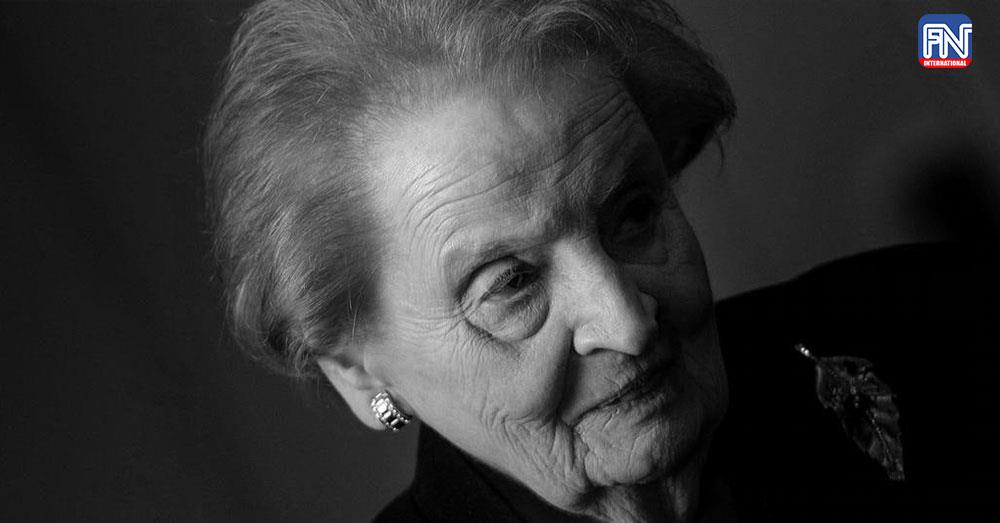WASHINGTON, March 23 (AFP) - Madeleine Albright, who came to the United States as a child refugee and rose to be the first female secretary of state, shaping American foreign policy at the end of the 20th century, has died at the age of 84.
Tapped by president Bill Clinton as ambassador to the United Nations then as the US top diplomat, Albright was one of the most influential stateswomen of her generation.
In mourning her passing, Clinton said Albright had been "a force for freedom, democracy and human rights", calling her death an "immense loss to the world."
President Joe Biden said Albright had "turned the tide of history", adding that she "defied convention and broke barriers again and again".
At the United Nations, the Security Council observed a moment of silence before voting on a Russian-led resolution on Ukraine.
Clinton, announcing his choice of Albright to head the State Department in 1997, said gender "had nothing to do with her getting the job" and she was the most qualified candidate.
Albright, however, was aware of the significance of the appointment.
"It used to be that the only way a woman could truly make her foreign policy views felt was by marrying a diplomat and then pouring tea on an offending ambassador's lap," she once said in a speech to the Women in Foreign Policy Group.
"Today, women are engaged in every facet of global affairs."
Albright took the helm of the State Department in a post-Cold War world in which the United States had emerged as the sole superpower, leading crucial discussions with world leaders on arms control, trade, terrorism and the future of NATO.
Not since Margaret Thatcher governed Britain had a woman held such a position of global influence.
Born Marie Jana Korbelova in Czechoslovakia on May 15, 1937, Albright came to the United States as a refugee with her family in 1948 and became a US citizen in 1957.
Her father, Josef Korbel, a diplomat, had converted from Judaism to Catholicism after the family fled to London in 1939 to escape the Nazis.
Albright said she only learned about her Jewish origins late in life and the fact that three of her grandparents had perished in concentration camps.


